Be Part of Something Powerful
A Message from John Suttles, SELC’s Director of Litigation and Regional Programs
Litigation is the sharpest tool in SELC’s arsenal—it also is one of the most complex. The way we try cases today has changed dramatically since I began practicing law three decades ago. When I was fresh out of law school, we didn’t have computers—we used Dictaphones and typewriters; we had paper files that lived in file cabinets; we wrote letters, because there was no email; and there were such things as simple cases.
All of that is history.
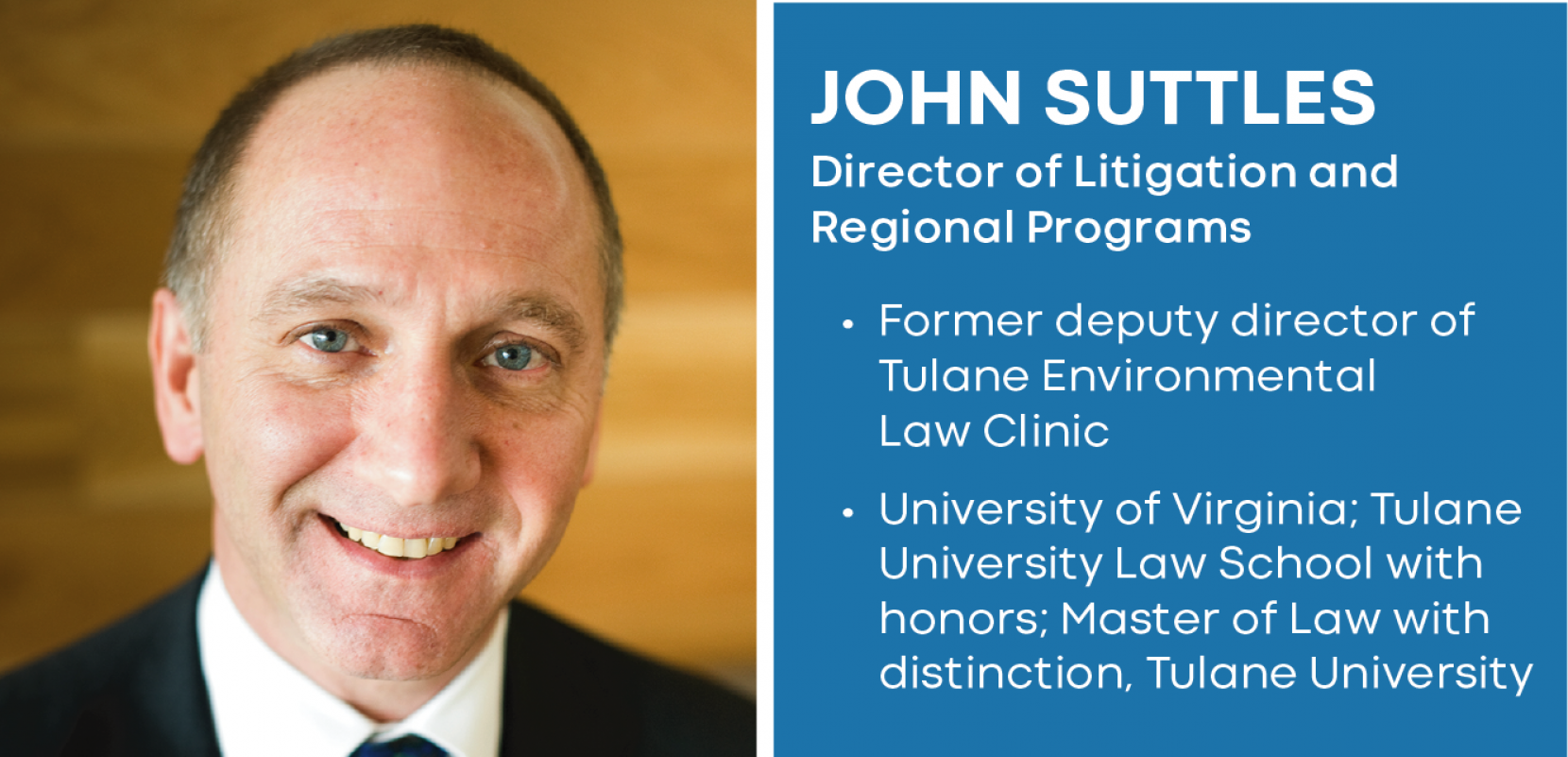
The logistical challenges of modern litigation are mind-boggling—there are no “simple cases” anymore. Even modest cases are incredibly burdensome. The proliferation of electronic documents means that no discovery exercise is simple. People send more emails in a morning than a lawyer 30 years ago would send letters in a week. As an example of what this means in practice, in SELC’s North Carolina coal ash cases, we’ve had to manage, evaluate, and decide whether to produce 300,000 emails from our clients alone. This was in addition to Duke Energy’s 6 million documents that we have had to analyze and understand. Adding to these challenges, our work, by its nature, has never been simple—it relies on complex science, highly trained experts, and arcane technical data.
The amount and type of litigation we’ve undertaken has changed dramatically, too. Historically, litigation has been about 20-25 % of SELC’s work. Today, it accounts for roughly 40-50 %. We’re doing a lot more work overall, too, so litigation is a higher percentage of a much greater volume of work. Today, more of our cases involve full discovery—interrogatories, requests for production of documents, depositions—and full evidentiary trials with opening statements, direct and cross-examination of witnesses, and closing arguments, as opposed to the record review cases that used to be our bread-and-butter.
While most cases in the private sector settle (i.e., don’t ever go to trial,) many of ours proceed to court because we cannot compromise and still protect our air, water, and irreplaceable natural resources. When you add to all of this the fact that our opponents are some of the biggest, wealthiest, most politically powerful companies in the country—or the very government agencies that are supposed to protect the environment, but aren’t—it’s a daunting proposition. But this is what it takes to litigate and win environmental cases today; it’s what SELC has to do.
So, how do we do it? For one thing, we’ve grown. Over the last 15 years, we’ve tripled in size, and today we have 80 attorneys working in six states and the District of Columbia. But our effectiveness is about more than being a bigger organization. It’s about how we coordinate and leverage our resources; it’s about how much more strategic and sophisticated we’ve become. And as we’ve grown, we have remained nimble and place-based, with local connections and staying power like no other organization. When I joined SELC 14 years ago, I already had been practicing law for 17 years. As impressive as SELC was to me then, it is much more so now. The fact is, we couldn’t do then what we’re doing today. We couldn’t prosecute the kind and number of big, complex, high-stakes cases that we must to preserve healthy air, clean water, and the natural treasures SELC has worked to protect over the last 33 years.
Want more SELC Stories? Get our monthly enewsletter featuring highlights from across the South.
Abandoned Coal Mines in Alabama
The Maxine Mine is one of nearly 900 abandoned coal mines scattered across Alabama. For decades, these massive sources of industrial pollution have been ignored by regulators. In 2016, while boating on the Locust Fork of Alabama’s Black Warrior River, a father and his young son noticed an unusual-looking “waterfall” from a pile of rocks at the Maxine Mine site—then SELC and our partner, the Black Warrior Riverkeeper, sprang into action.
Armed with the Clean Water Act’s citizen enforcement authority, we filed suit in Alabama federal court against Drummond Coal, one of the biggest and most politically powerful coal mining companies in the country. Drummond has fought us every step of the way. But our team of lawyers, geospatial analysts, and technical experts identified a natural flowing stream that was buried with coal-mining waste and used cutting-edge technologies to measure and map extremely high concentrations of toxic heavy metal pollution flowing in the groundwater from the Maxine Mine site into the Locust Fork.
This groundbreaking work could establish an important precedent for cleaning up hundreds of sites.
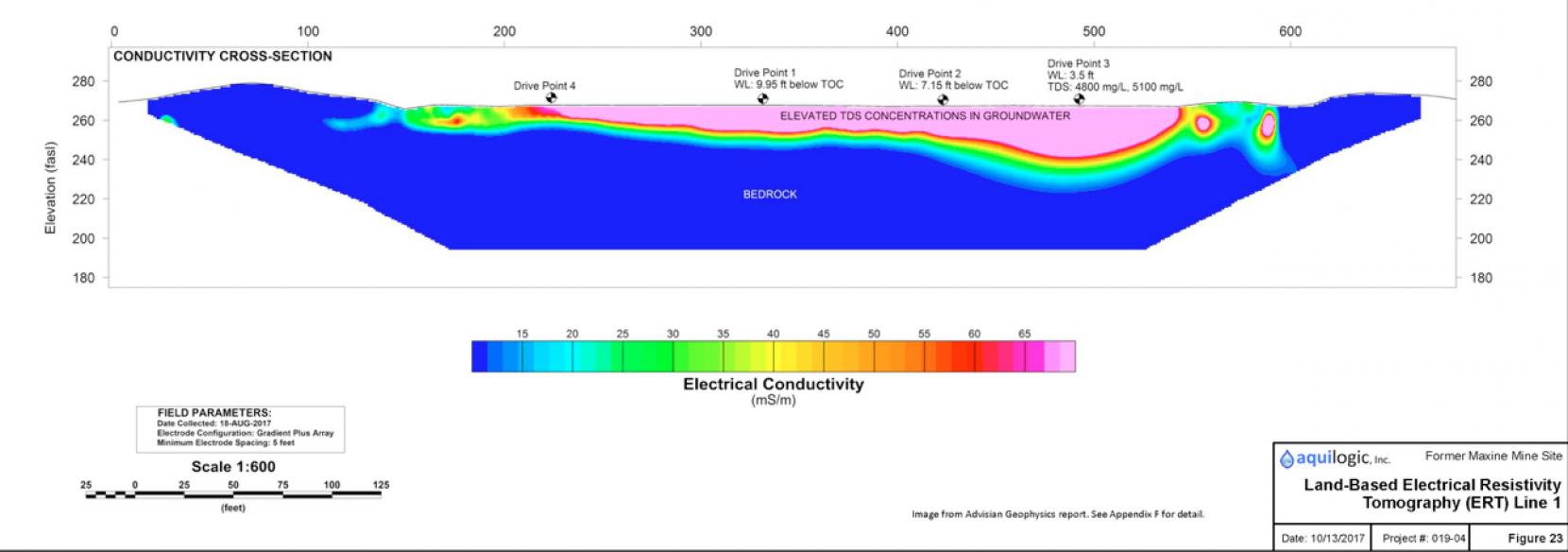
Defending the Clean Water Act
Forty-five years ago, Congress recognized that small streams and wetlands needed the shield of a national Clean Water Act, and our rivers and streams are healthier today as a result. Fast-forward to today, and Trump’s EPA is attempting to dramatically reduce federal jurisdiction and enforcement so that protections would be eliminated for 50 percent of this country’s headwater streams and millions of acres of wetlands. Due to our deep expertise and 30+ year of enforcing the Clean Water Act throughout our six water-rich states, SELC has emerged as the national leader in defending it.
In August, a federal judge ruled in our favor and issued a nationwide injunction blocking the Administration’s proposed two-year suspension of a rule that ensures full protection of water-ways and wetlands under the Clean Water Act. This is just the first phase of a legal battle that will continue through the next year or more and, in all likelihood, be decided in the U.S. Supreme Court. It will be a long, hard fight with multiple briefs, motions, and hearings, but SELC has the legal firepower to sustain it and win.
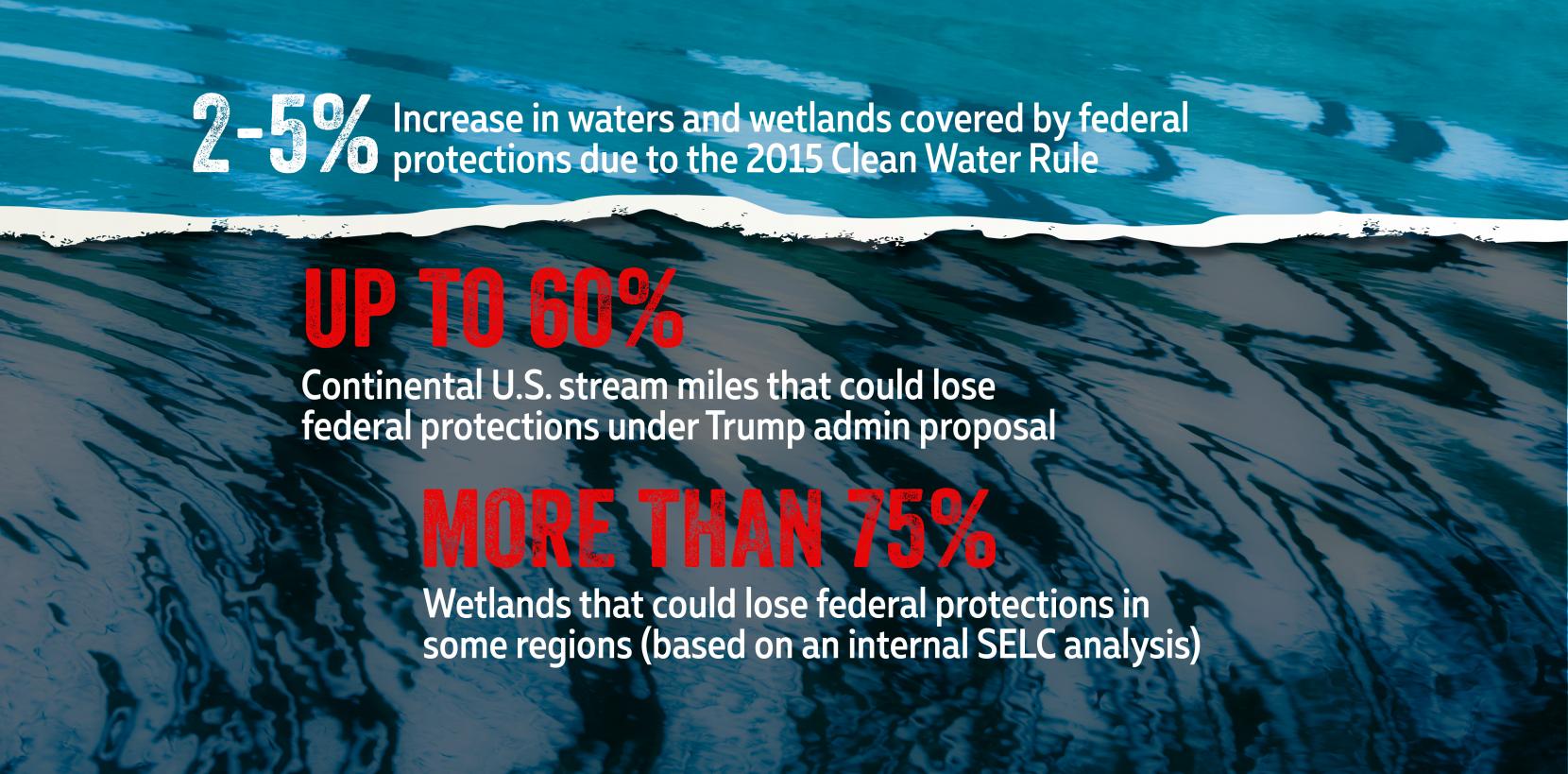
Nuclear Plant Vogtle
Georgia’s Plant Vogtle units 3 and 4 are the only new nuclear units being built in the United States. Since first approved in 2009, their price tag has nearly doubled to over $25 billion, and the estimated completion date has been delayed by more than five years. Georgia Power is the principal proponent of this massively over-budget project. As a state-sanctioned monopoly utility, it must obtain approval from the Georgia Public Service Commission to recoup costs for the new nuclear units from its customers.
In hearings that stretched over four months last fall, SELC demonstrated that the project is not needed, is too expensive, and that the forecasted small increases in electricity demand could be met far more cheaply through a combination of efficiency and solar investments. Though the commission’s staff agreed with us, all but one of the five commissioners accepted the utilities’ promises and approved the cost increases and completion delays. Now, one year after assuring that the project was under control, Georgia Power has announced that Vogtle will cost $2.3 billion more to complete. SELC is gearing up again to oppose this boondoggle.
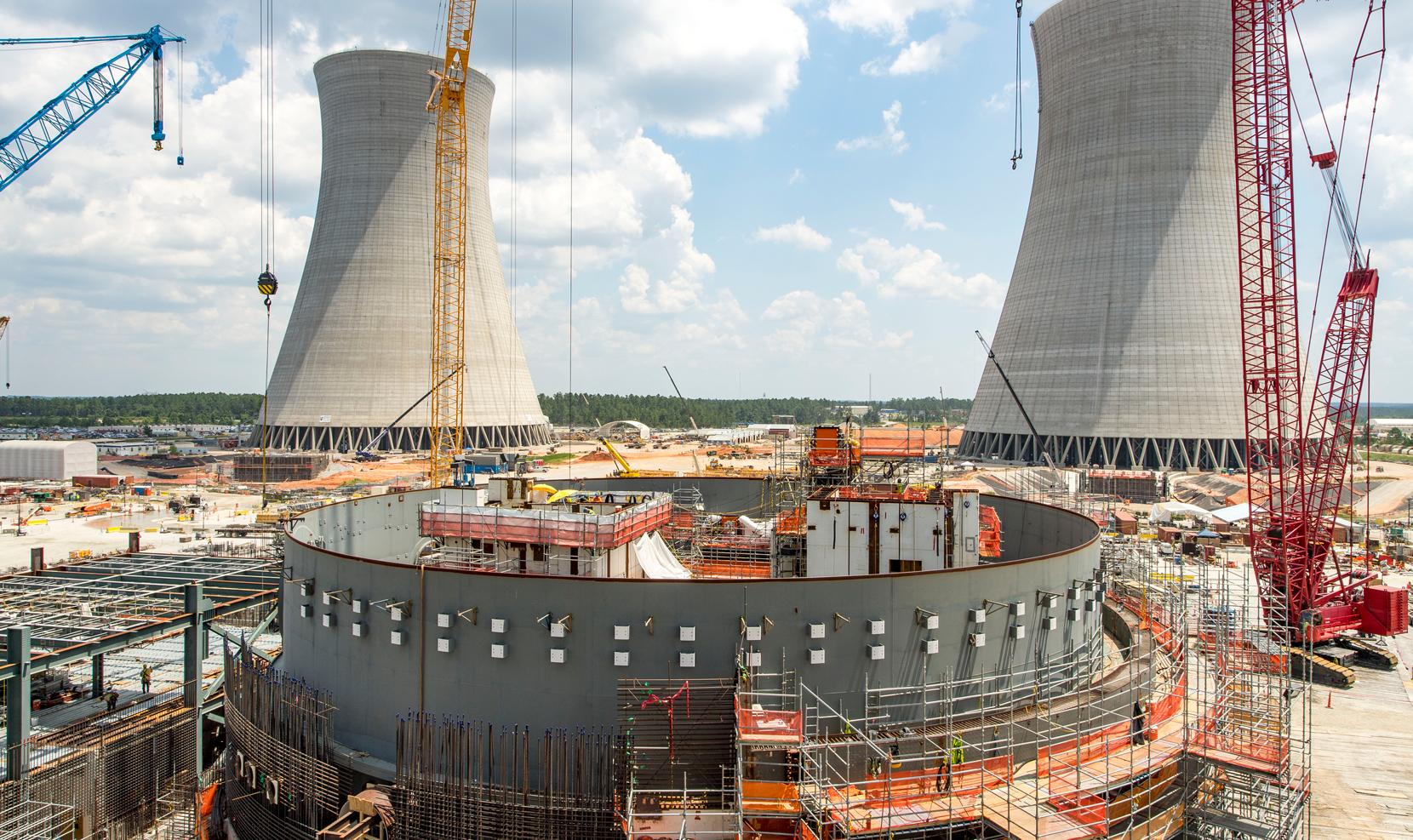
Coal Ash Cleanup
SELC’s work to clean up coal ash pollution has been groundbreaking. Since we began our enforcement campaign seven years ago, utilities in the Southeast have committed or been legally required to excavate 125 million tons from unlined pits that are leaking into our rivers and groundwater. We are nationally recognized experts on cleaning up coal ash, and other organizations around the country are now adopting our strategies and arguments.
It is difficult to imagine why anyone would choose to build an unlined ash waste pond in karst terrain immediately adjacent to a river…The way to [address this] is not to cover over those decades-old mistakes, but to pull them up by their roots.
U.S. District Court, Middle District of Tennessee
Our coal ash enforcement initiative also was instrumental in securing EPA’s Coal Combustion Residuals Rule, enacted in 2015 to improve utility coal ash storage practices. SELC is now working to enforce and defend this long overdue nationwide protection from the Trump EPA’s attempts to delay, weaken, and repeal it. We are making a strong case that weakening the rule—or leaving responsibility to the states—will mean delayed cleanups, ineffective cleanups, or no cleanup at all. As new coal ash spills following Hurricane Florence have shown, coal ash remains a major pollution hazard that requires prompt and effective action.
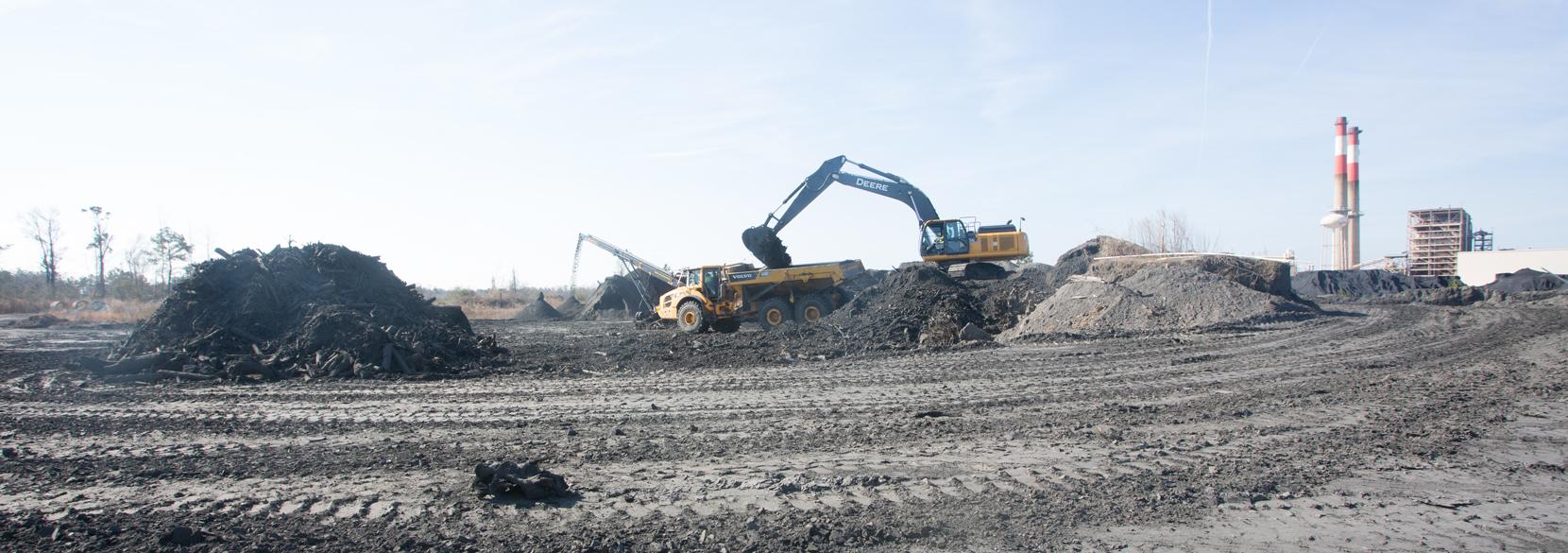
Atlantic Coast Pipeline
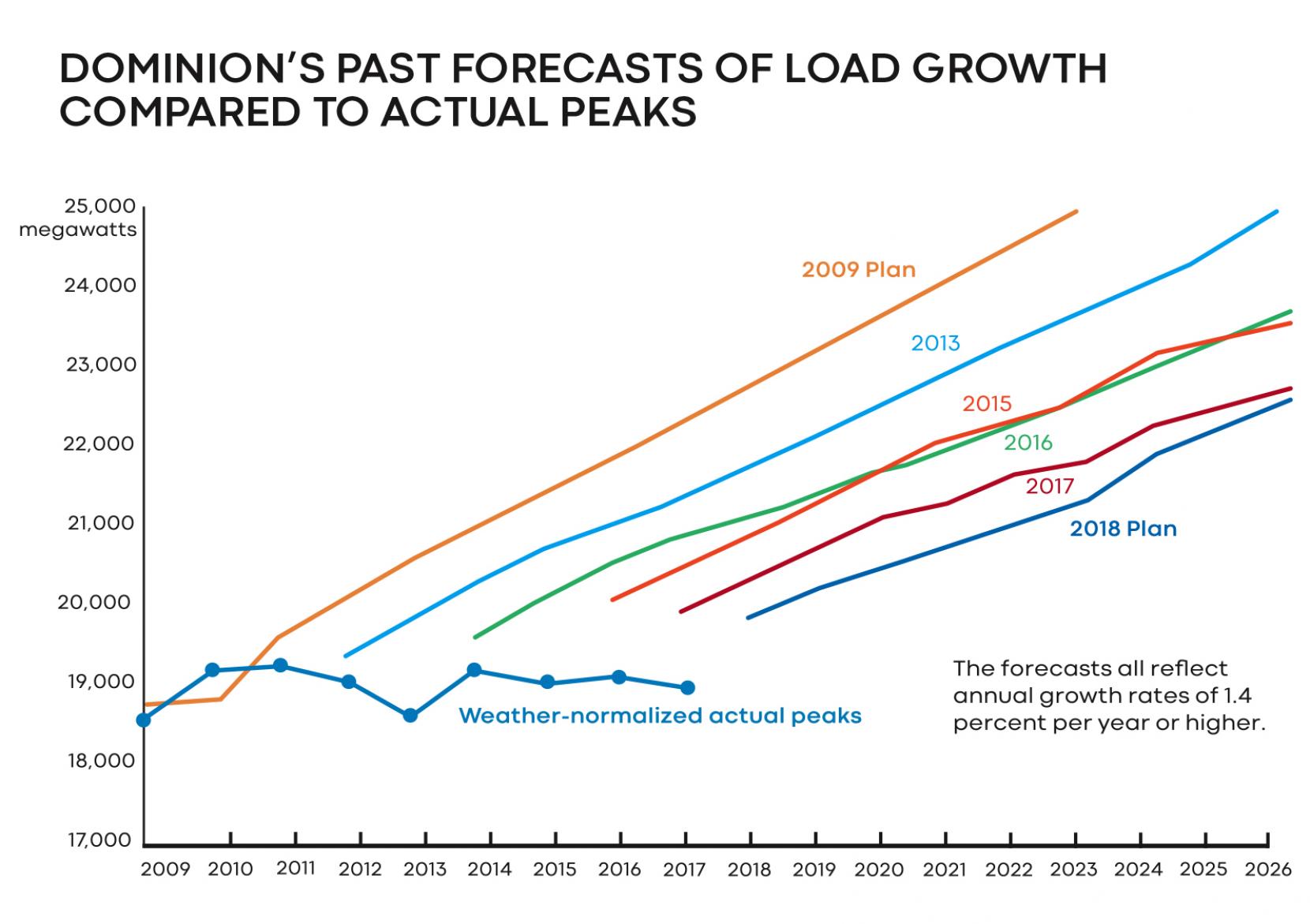
The Atlantic Coast Pipeline would carve a 600-mile swath from West Virginia across Virginia and North Carolina, with devastating consequences. Its path would snake through national forests, beneath the Appalachian Trail and the Blue Ridge Parkway, and across creeks, rivers, and thousands of acres of farmland. Beyond its environmental toll, the pipeline is unnecessary, and its $6.5 billion price tag will be passed on to customers who will see no benefit from it. Who would profit from the project? The energy giants Dominion Power and Duke Energy, who are guaranteed a 15% return.
SELC formed a regional ACP litigation team of attorneys from Charlottesville, Chapel Hill, and Asheville, and we have filed seven lawsuits (and counting) in the U.S. Court of Appeals for the Fourth Circuit, in Richmond, challenging permits from state and federal agencies. We already have defeated two necessary federal authorizations and secured a temporary stop work order. This is one of our greatest team efforts, and it has been a beautiful thing to see in action.
Saving the Endangered Species Act
SELC’s Chapel Hill office is the hub for our defense of the 1973 Endangered Species Act—another bedrock law in the crosshairs. Our opponents want to roll back numerous long-standing regulations that have saved species from extinction and critical habitat from destruction. In particular, the proposed changes would make it harder to consider the impacts of climate change, and would dramatically increase agency workload—preventing them from doing the work necessary to list, protect, and recover endangered species.
Of immediate concern is the world’s only wild population of red wolves, on North Carolina’s Albemarle-Pamlico Peninsula. Established through the most successful predator recovery program in U.S. history, this wolf population (and the species as a whole) is again in serious jeopardy, this time by the very government agency whose mandate is to protect it. Since 2014, the U.S. Fish & Wildlife Service has discountinued proven successful conservation measures; SELC’s legal team is now engaged in intensive federal litigation to stop them from dismantling and abandoning the entire red wolf recovery program.
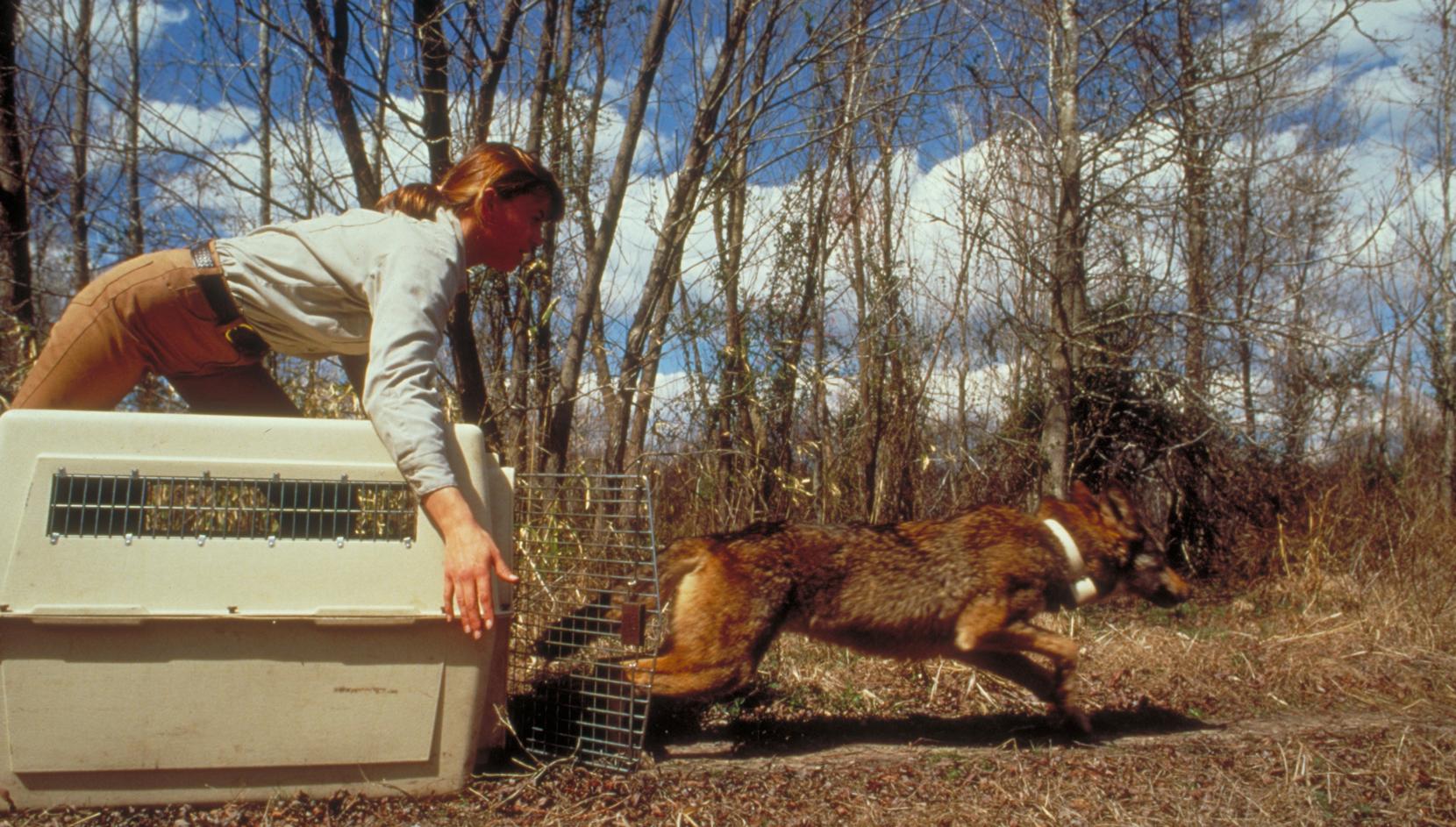
Let’s Kill All the Lawyers
In William Shakespeare’s play Henry VI, one of his characters famously said, “The first thing we do, let’s kill all the lawyers.” This idea underpins many of the Trump administration’s schemes to undermine essential environmental and health safeguards. We see it in their attempts to act without facts, without science, without a legal basis, and without public participation. Their disdain is not so much for the legal profession; it’s for the rule of law itself. This is a dangerous notion, and it also is how we’ve beaten this administration and will continue to beat them.
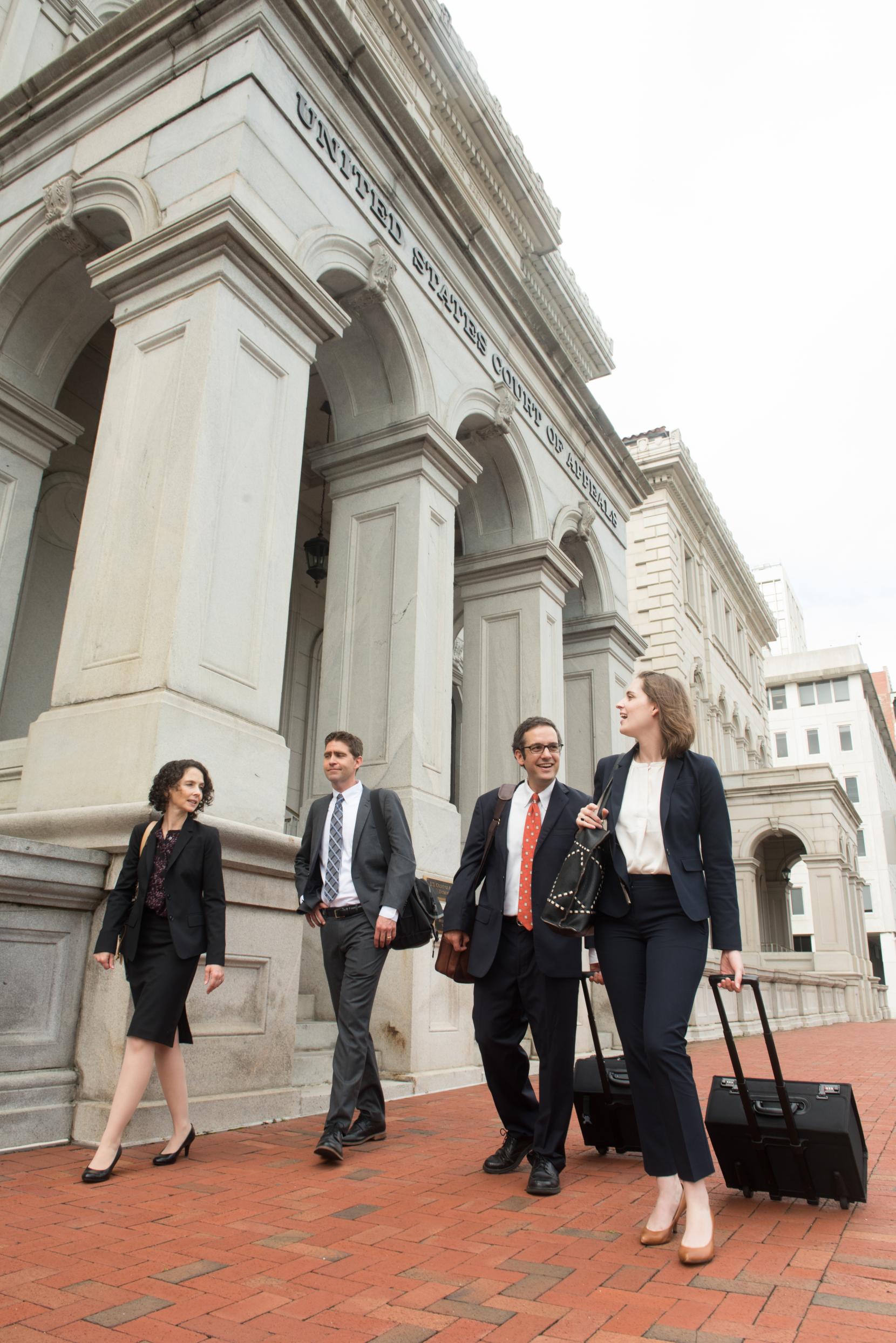
Trump’s first years have confirmed all of our worst fears and predictions for the environment: the push to mine, drill, and indiscriminately log our national forests; the efforts to gut essential clean air and clean water protections; and the renewed efforts to drill along our coasts. We expect to see a lot more of the same for the next two years.
The true meaning behind Shakespeare’s famous line in Henry VI illustrates why what we do every day is so important. In fact, this line was uttered by one of a group of conspirators seeking to usurp the throne from the rightful king. It was born out of concern that lawyers, schooled in the law and trained to get to the bottom of things, would unravel their treachery. It’s what we do every day.
Make no mistake—we have some real fights on our hands. But SELC is winning cases because we as an organization have evolved to meet the environmental and litigation challenges of the times—thanks to your support and partnership. We will continue to use our legal firepower to fight our opponents in court. And we will win; we have to.
